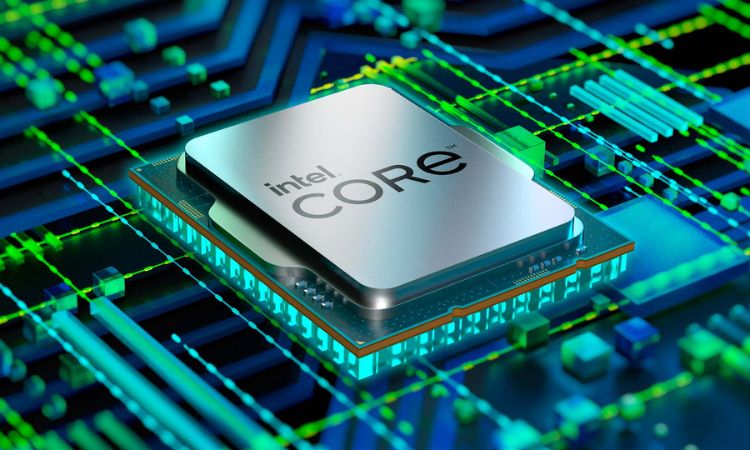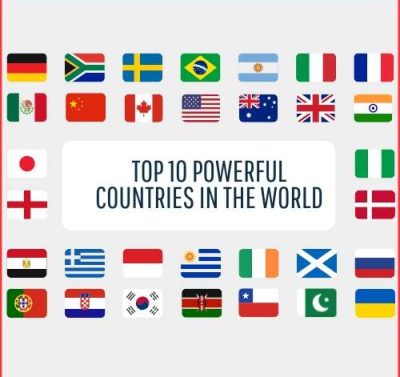Intel Corporation has decided to terminate its $5.4 billion acquisition agreement, with Tower Semiconductor, a chipmaker. The reason behind this decision is the failure to obtain approval from China. This development highlights the impact of tensions between the United States and China on business deals. As part of the termination, Intel will pay Tower a breakup fee of $353 million. However, despite this setback, Intel remains fully committed to improving its foundry business, which has shown revenue growth in Q2 due to packaging techniques. In line with changing chip demand following the pandemic, the company aims to achieve cost reductions of, up to $10 billion by 2025.

Intel Corp is set to abandon its $5.4 billion acquisition deal with Israeli contract chipmaker Tower Semiconductor Ltd. The decision comes as their contract is due to expire today, without receiving regulatory approval from China, as informed by sources.
The agreement between Intel and Tower was initially inked in February 2022. However, the required approval from Chinese regulators for the acquisition was not secured within the stipulated timeframe outlined in the contract. This situation highlights how the ongoing tensions between the United States and China, encompassing trade disputes, intellectual property concerns, and geopolitical issues such as Taiwan’s future, are now permeating the landscape of corporate deals, particularly within the technology sector.
In a similar vein, last year saw DuPont De Nemours Inc abandon its own $5.2 billion deal to purchase Rogers Corp, an electronics materials manufacturer. This move followed significant delays in obtaining approval from Chinese regulators.
Reportedly, Intel has no intentions of pursuing a contract extension. Instead, the company will provide Tower with a breakup fee amounting to $353 million as compensation for withdrawing from the deal. The outcome remains uncertain had the companies opted to extend the contract and wait for the regulatory review process to conclude.
Intel’s CEO, Pat Gelsinger, had actively pursued the approval of the Tower deal from Chinese authorities. His efforts even included a recent visit to the country to engage with government officials. Nevertheless, Gelsinger emphasized that Intel remains committed to bolstering its foundry business, which is responsible for manufacturing chips on behalf of other companies. This commitment to the foundry business remains unchanged, regardless of the developments surrounding the Tower acquisition.
Back in June, Israeli Prime Minister Benjamin Netanyahu disclosed that Intel had committed a significant investment of $25 billion in a new manufacturing facility situated in Israel. This landmark international investment in the country effectively dampened expectations surrounding the Tower deal. Notably, Tower’s shares on the Nasdaq closed at $33.78 on Tuesday, marking a substantial markdown from the originally agreed deal price of $53 per share.
During the second quarter, Intel’s foundry business demonstrated impressive revenue growth, reporting $232 million in contrast to $57 million from the previous year. This surge in foundry sales was attributed to the adoption of “advanced packaging” techniques. Through this approach, Intel can integrate components of chips produced by other companies, resulting in the creation of more potent chips.
In recent times, demand for Intel’s chips has waned following a period of robust growth driven by the surge in remote work during the pandemic. This shift in demand prompted the chip manufacturer to pursue cost-cutting measures. Intel has committed to achieving $3 billion in cost reductions within the current year, with a broader objective of realizing savings ranging between $8 billion and $10 billion by the culmination of 2025.















